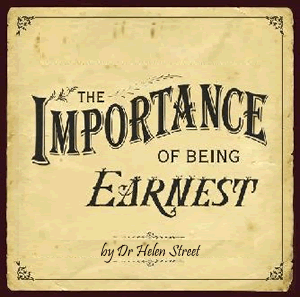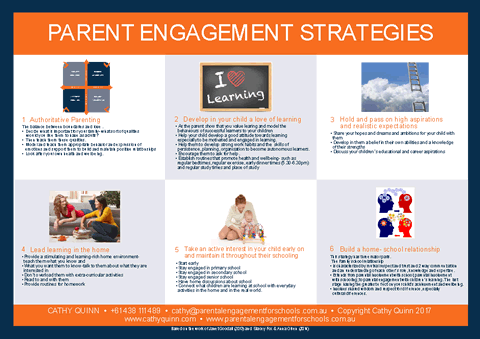 The Importance of Being Earnest
The Importance of Being Earnest
Dr Helen Street
With March already here, the new school year is well underway. For the past few weeks, Australian schools have been filled with the sound of earnest introductions. Introductions to the new curriculum content, the ‘school rules’ and the school values. Students everywhere have been learning how their schools value academic effort and achievement. They have also been hearing how much their schools proudly support social and emotional learning along with physical and mental health and wellbeing.
It is great to know that in 2015, Australian schools consider that life success needs to encompass such a broad view of education. Young people learn best when they are having fun and feeling well. Teachers also understand that students’ strengths lie across different domains. Whereas some students may find passion in sport or music, others are talented with maths or English. Still others have outstanding social skills or demonstrate enviable emotional regulation. Not only is success a multi-faceted pursuit, individuals bring wide ranging and varied strengths to the mix.
This all sounds great, but, and this is a very big BUT – I believe that students pay far more attention to the practices of the school than to the words of the staff. And unfortunately for many, school practice still suggests that some skills or achievements are far more worthy than others.
Students notice which subjects are most celebrated and most applauded. Being earnest about educational complexity needs to transcend good intentions into fair and consistent school practice. For example, there is no point in telling a student that their great social skills are as valuable as another student’s sporting skills, if these different skills are not considered in a consistently equivalent way. How many schools hand out awards and trophies for sporting prowess but consider that everyone needs to be considered equal in the social arena? Moreover, there is no point in stating that we embrace everyone’s effort equally in any domain if we then hand out a coveted trophy to the most skilled competitor.
Awards and rewards not only acknowledge that some people are much better at some things than are others; they suggest that some skills are much more valuable than are others.
So what is the answer?
Ultimately, there needs to be some consistency in the way that different skills and talents are celebrated. Opportunity for every student to find their strengths and to believe that their strengths are just as valuable as someone else’s are.
In an ideal world, a focus on intrinsic rewards negates the need to further applaud success or define winners. There needs to be a school wide consideration of how the celebration of one subject affects the status of that subject compared to others. There also needs to be a greater awareness of how the acknowledgement of a winner means acknowledgement of many losers.
It is important to be earnest in our declarations of holistic education, and in our practice towards achieving our goals.
________________________________________________________________________
Dr Helen Street has an extensive background in social Psychology with a passion for education. She presents her work in books, articles and in seminars and workshops for schools. Helen is also passionately involved in the ongoing development of The Positive Schools conferences, www.PositiveSchools.com.au Registrations are now open for 2015.


